What is Attention Deficit Disorder (ADD)?
Attention Deficit Disorder is a chronic disorder that can begin in infancy and extend into adulthood. It's conservatively estimated that 5-10% of our school-aged children are affected by ADD. Significant numbers of educators have expressed concern about the negative effects ADD can have on a student's academic life, home life, and within their community. Additionally, students with ADD may frequently disrupt classroom operation, thereby disturbing their classmates and teacher. Teachers can help their students by establishing a learning environment most suited for ADD children.
There are two types of Attention Deficit Disorders:
ADD is characterized by serious and persistent difficulties in the three specific areas:
Attention span
Impulse control
Hyperactivity (sometimes)
Attention Deficit Hyperactivity Disorder (ADHD): This form of ADD is characterized by hyperactivity and lack of impulse control. The student:
Fidgets, squirms, or seems restless
Has difficulty remaining seated
Is easily distracted
Has difficulty waiting their turn
Blurts out answers
Has difficulty following instructions
Has difficulty sustaining attention
Shifts from one uncompleted task to another
Has difficulty playing quietly
Talks excessively
Interrupts or intrudes on others
Does not seem to listen
Often loses things necessary for task completion
Undifferentiated Attention Deficit Disorder: In this form of ADD, the most significant characteristic is inattentiveness. Students with this disorder tend to be overlooked in the classroom, and are at a higher risk for academic failure than students with ADHD. The student:
Is inattentive in class
May seem quiet or passive
Has problems with organization
Is easily distracted
How can teachers help ADD students with academic assignments?
ADD students learn best when teachers can help reduce their frustration by giving out one task at a time.
Teachers can monitor frequently, maintaining a supportive attitude.
Teachers may need to modify assignments (as needed). Teachers can consult with special education personnel to determine learning plans. ADD students learn best when there is an individualized education program based on their specific strengths and weaknesses.
ADD students are easily distracted, therefore it is important to make sure teachers are testing knowledge, not attention span.
ADD students may work slowly. Teachers can help by giving ADD students extra time for certain tasks.
Students with ADD are easily frustrated. Stress, pressure, and fatigue can break down their self-control and lead to negative classroom behavior. Teachers can help them by providing supervision, discipline, and encouragement.
How can teachers maintain an optimum learning environment for ADD students and their classmates?
Seat students with ADD near the Teachers' desk, but include them as part of regular class seating.
Place ADD students in the front of the classroom with their backs to other students (this avoids distractions).
Surround ADD students with students who routinely maintain positive academic and behavioral conduct. This encourages cooperative/collaborative learning.
Encourage peer tutoring.
Avoid distracting stimuli. Try not to place students with ADD near air conditioners, heaters, high traffic areas, doors, or windows.
Children with ADD have difficulty handling changes in their environment or routine. Teachers can help reduce transitions, physical relocation, changes in schedule, and disruptions. ADD students should also be closely monitored during field trips.
Maintain communication with parents. ADD students work best in the home environment when parents can set up appropriate study space for them. Partnership with parents to set times and routines for study and parental review of completed homework.
Teachers can consult with counselors. Outreach Concern counselors routinely help students with ADD behavioral conduct, academic organization, and school support.
Professional Consultations: Educators need a great deal of support in school management and working with students' issues. To help students, educators can consult with Outreach Concern Regional Field Supervisors at any time - they have many resources on this issue. Outreach Concern research consistently indicates a significant positive correlation between receiving school counseling and elevated success in areas of academic performance, behavior, conduct, effort, and social skills. The Outreach Concern On-Campus Counselors can provide your students and their families with techniques, coping mechanisms, behavior management, learning tasks, and individual support in their academic and emotional needs.
